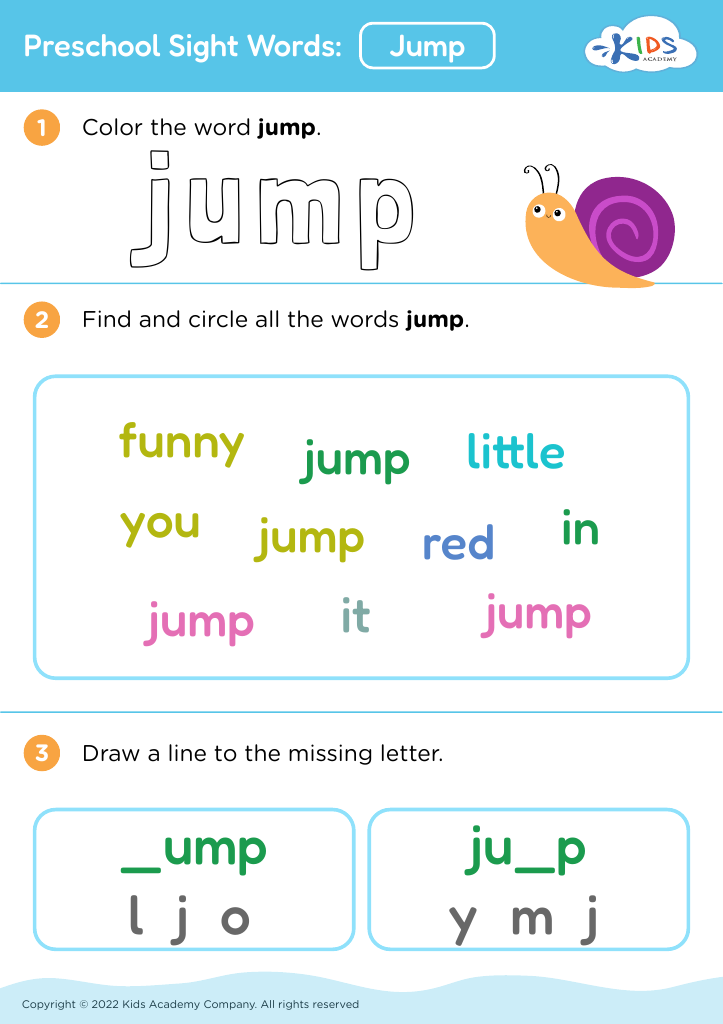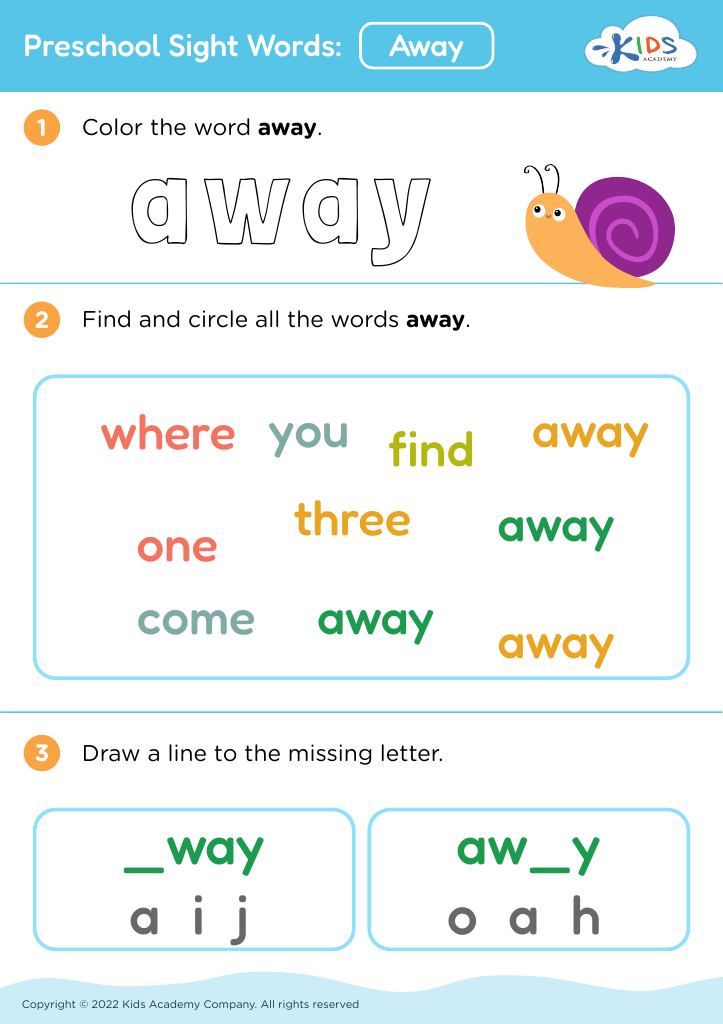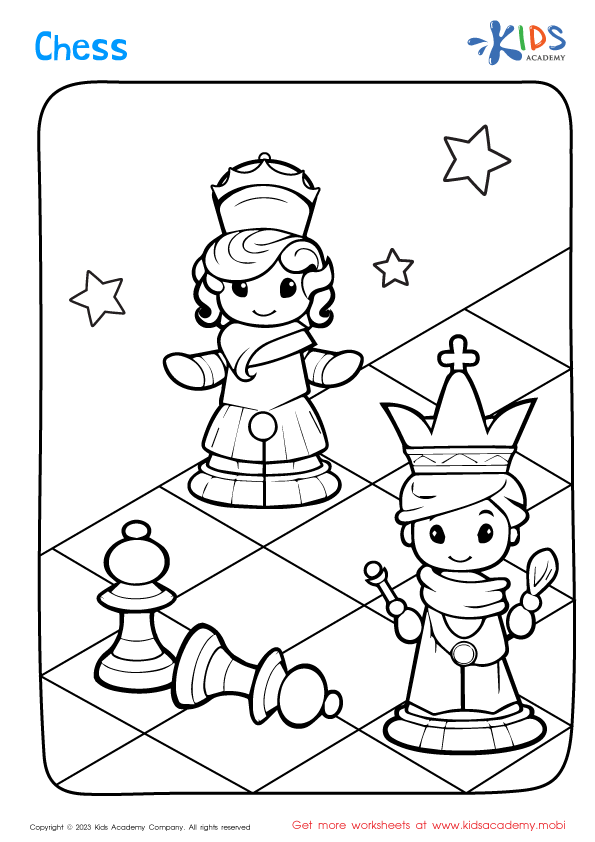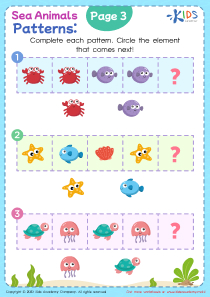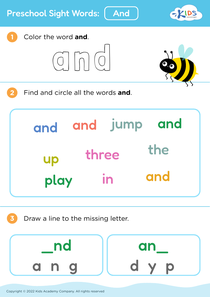Fine Motor Skills Preschool Worksheets - Page 11
245 filtered results
-
From - To
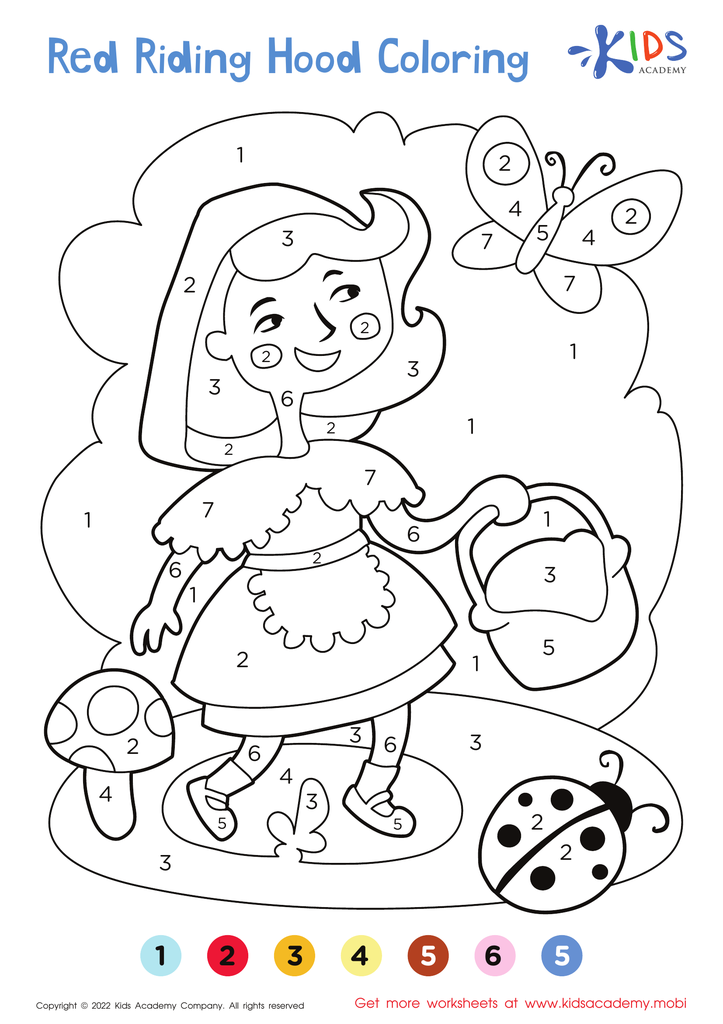

Little Red Riding Hood – Coloring by Numbers
Fine motor skills are crucial for preschool-aged children as they serve as a foundation for future learning and everyday tasks. These skills involve the coordination of small muscles in movement, particularly in the hands and fingers. Developing fine motor skills at a young age aids children in a variety of essential activities, such as writing, cutting, and buttoning, ultimately impacting their academic and social success.
Parents and teachers should care about fine motor skills because these abilities directly correlate with a child's cognitive and physical development. Strong fine motor skills enhance a child’s ability to engage in classroom activities, follow written instructions, and work independently, fostering a sense of accomplishment and confidence.
Moreover, early childhood is a critical period for developmental growth, making it an ideal time to introduce engaging activities that help perfect these skills, such as crafting, drawing, and manipulative play. By emphasizing fine motor skill development, educators and parents set the groundwork for healthy growth, enable smooth transitions into more complex tasks, and promote autonomy in children's self-care activities. Enriching playful fine motor experiences in preschool can lead to long-term advantages in both academic achievement and daily life competency.



